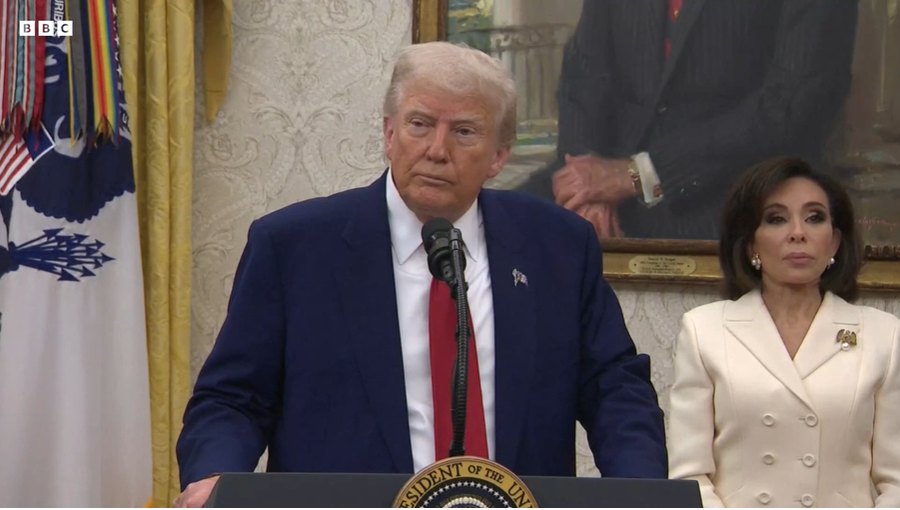A federal appeals court has ruled that the tariffs imposed during the Trump administration can remain in effect for now, dealing a setback to businesses and trade groups that had challenged their legality. The decision, issued by the U.S. Court of Appeals for the Federal Circuit, allows the Biden administration to continue enforcing the tariffs while litigation over their validity proceeds. The ruling underscores the lingering impact of former President Donald Trump’s aggressive trade policies, which have remained largely intact under President Joe Biden despite expectations of a more free-trade approach.
Background on the Trump Tariffs
The tariffs in question were first implemented under Section 232 of the Trade Expansion Act of 1962, which allows the president to impose trade restrictions on national security grounds. The Trump administration levied tariffs on steel (25%) and aluminum (10%) in 2018, arguing that reliance on foreign metals threatened U.S. industrial and defense capabilities. Later, additional tariffs were imposed on hundreds of billions of dollars’ worth of Chinese goods under Section 301 of the Trade Act of 1974, citing unfair trade practices, intellectual property theft, and forced technology transfers.
Business groups, including manufacturers and retailers, have long argued that these tariffs raise costs for American companies and consumers, disrupting supply chains and increasing prices. Several lawsuits were filed, claiming the administration overstepped its authority in imposing the duties.
The Court’s Decision
The recent appeals court ruling did not address the underlying legality of the tariffs but instead focused on whether the challengers had legal standing to sue. The court found that the plaintiffs—mostly trade associations representing affected industries—had not sufficiently demonstrated that their members were directly harmed by the tariffs in a way that could be remedied by the courts.
The decision effectively delays a final judgment on whether the Trump-era tariffs were lawfully imposed. Legal experts suggest that the ruling could make it harder for businesses to challenge presidential trade actions in the future, reinforcing the executive branch’s broad discretion in trade policy.
Biden’s Continuation of Trump’s Trade Policies
Despite initial expectations that Biden would roll back Trump’s protectionist measures, his administration has largely maintained the tariffs, particularly those targeting China. While Biden has sought to mend relationships with traditional allies, including the European Union—which reached a limited truce on steel and aluminum tariffs—the broader framework of Trump’s trade war remains in place.
The administration has justified keeping the tariffs by framing them as leverage in ongoing trade negotiations with China and as a means of protecting American industries. Critics, however, argue that the tariffs have failed to achieve their stated goals, instead contributing to inflation and supply chain bottlenecks.
Economic and Political Implications
The continuation of these tariffs has significant economic and political ramifications. On one hand, domestic steel and aluminum producers support the measures, claiming they protect jobs and bolster national security. On the other hand, downstream industries—such as automakers and construction firms—complain that higher material costs make them less competitive globally.
Politically, the Biden administration’s decision to uphold Trump’s tariffs reflects a broader bipartisan shift toward economic nationalism. Both Democrats and Republicans have increasingly embraced protectionist policies, signaling a departure from decades of free-trade orthodoxy.
What’s Next?
While the appeals court’s ruling allows the tariffs to stay in place for now, legal challenges are likely to continue. If the case proceeds, the courts may eventually rule on whether the Trump administration’s use of national security justifications was valid. Meanwhile, businesses affected by the tariffs will continue lobbying the Biden administration for exemptions or a full repeal.
For now, the ruling reinforces the enduring influence of Trump’s trade agenda—an agenda that, despite changing administrations, continues to shape U.S. economic policy.

